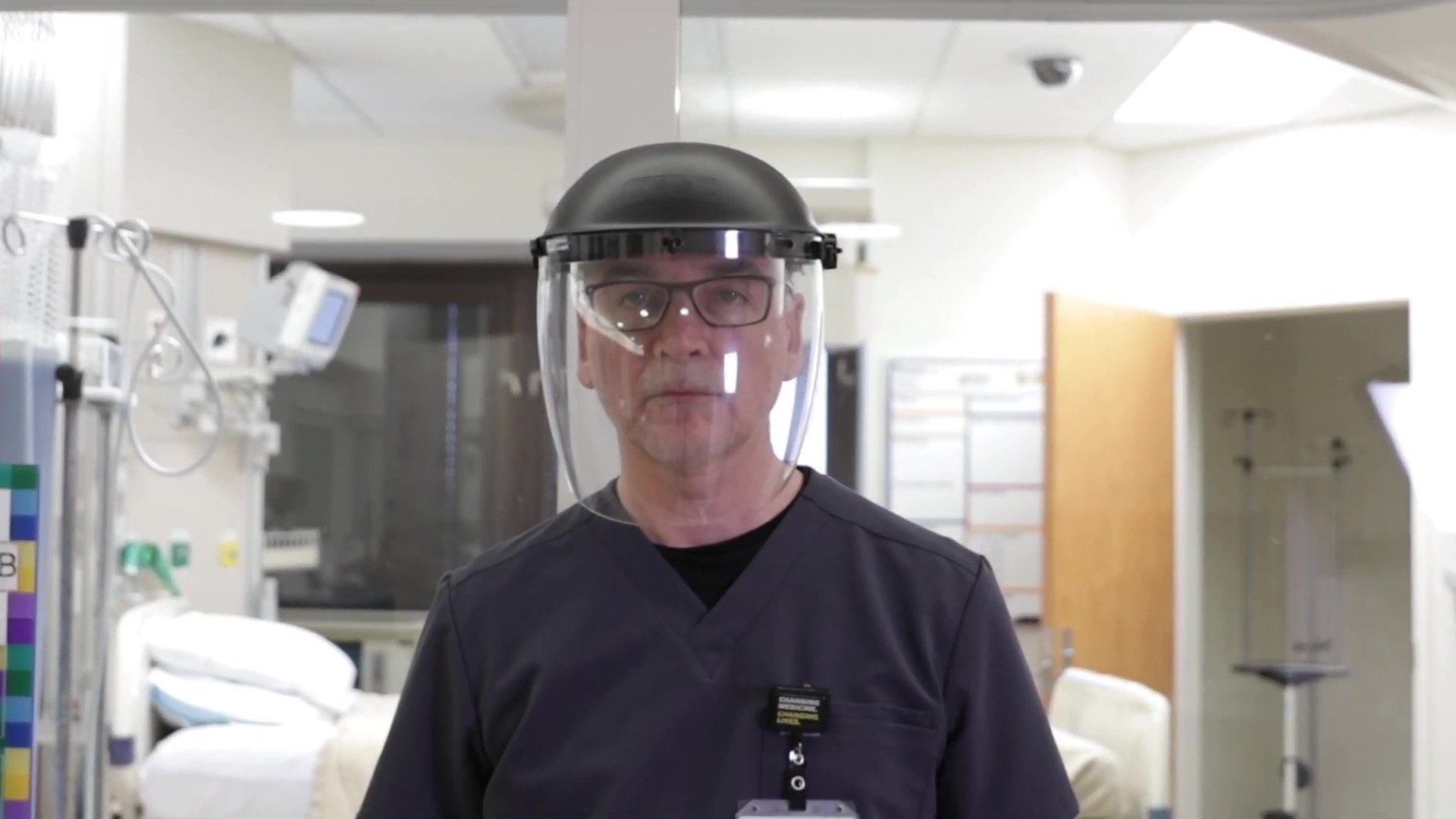Plastic face shields allow nearly 100 per cent of tiny airborne droplets released by coronavirus-infected patients to escape through visors, a study has warned.
The alternative to face masks were touted by industry experts as providing adequate protection from the virus.
But modelling has now cast doubt on claims they work, after a computer simulation revealed almost 100 per cent of airborne droplets smaller than five micrometres in size — released when talking and breathing — escaped through the visor.
READ ALSO: NUC directs universities to prepare for immediate, full reopening
And half of larger droplets measuring 50 micrometres in size — given off by coughs and sneezes — found their way into the air, posing a risk to others. One micrometre is one millionth of a metre.
The World Health Organization (WHO) says face shields can help prevent the virus, scientifically called SARS-CoV-2.
But the agency says they only work in combination with other safety measures such as wearing a mask, social distancing, and frequent hand-washing.
Face shields do not completely cover the entirety of the face, leaving room for droplets expelled by the mouth and nose to escape.
Face visors are also worn by doctors, nurses and other hospital workers on the Covid-19 frontline, but with the addition of a fitted surgical face mask.
Makoto Tsubokura, team leader of the study carried out by the Riken Centre in Japan, cautioned against wearing face visors.
He told The Guardian: ‘Judging from the results of the simulation, unfortunately the effectiveness of face guards in preventing droplets from spreading from an infected person’s mouth is limited compared with masks.
‘This is especially true for small droplets of less than 20 micrometres,’ he said, and added all of the much smaller droplets also escape.
READ ALSO: JUST IN: School children, others burnt to death in tanker explosion
Professor Tsubokura added: ‘At the same time, it somehow works for the droplets larger than 50 micrometres.’
He said that those advised not to wear face masks, such as those with underlying respiratory issues or small children, could wear face shields instead, but only in outdoor or indoor settings that are properly ventilated.
The evidence follows on from research done at Florida Atlantic University’s College of Engineering and Computer Science published on September 1, which also found face shields are ineffective in halting the spread of coronavirus.
In the study, published in the journal Physics of Fluids, scientists placed flourescent substances in droplets so that they could monitor their spread. A mannequin was also set up to expel sneeze and cough droplets, with a mixture of distilled water and glycerin to generate a synthetic fog.






















